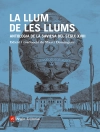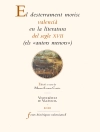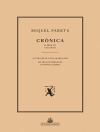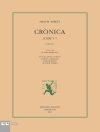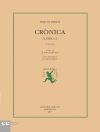This comprehensive but concise narrative of China since the
eighteenth century builds its story around the delicate
relationship between central government and local communities.
* Rejects the traditional view of China as a wholly harmonious
society based on principles of stability – the Unwobbling
Pivot of Ezra Pound’s translation of the Chinese classic
Zhongyong
* Provides an original interpretation, arguing that developments
can be explained through an understanding of China’s
surprising swings between centralization and decentralization,
between local initiative and central authoritarianism
* Serves as an introduction to the subject, while readers with a
background in Chinese history will find the book offers a personal
perspective and addresses long-standing interpretive issues
* Supported by a variety of timelines, maps, illustrations, and
extensive notes for further reading
* Places China’s history within the context of global
change
Spis treści
List of Illustrations vii
List of Maps viii
Foreword and Acknowledgments ix
Prelude xi
Timeline xv
1 The Wobbling Pivot 1
2 Sources of Order Under the Qing Empire 21
3 Sources of Disorder Under the Qing Empire 44
4 Essay: Strategic Borders 66
5 Qing and the World 70
6 Essay: Rebel Heroines 98
7 Visionaries 100
8 Essay: Hunan Takes the Lead 126
9 Essay: Water 129
10 Beiyang Ascendancy 133
11 Cultural Revolution 155
12 Essay: Manchus as Minorities 177
13 War 180
14 The Ubiquitous Center 207
15 Essay: Minerals 240
16 Essay: Health Risks 243
17 Gravity 246
Bibliography 274
Index 295
O autorze
Pamela Kyle Crossley is Professor of Inner Asian, East Asian Intellectual and Chinese History at Dartmouth College, New Hampshire. Her publications include The Manchus (Blackwell, 1997); A Translucent Mirror: History and Identity in Qing Ideology (1999); and What is Global History? (2008). She is a past Guggenheim Fellow and was awarded the Levenson Prize from the Association for Asian Studies in 2001.


